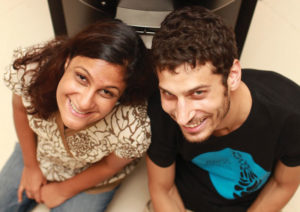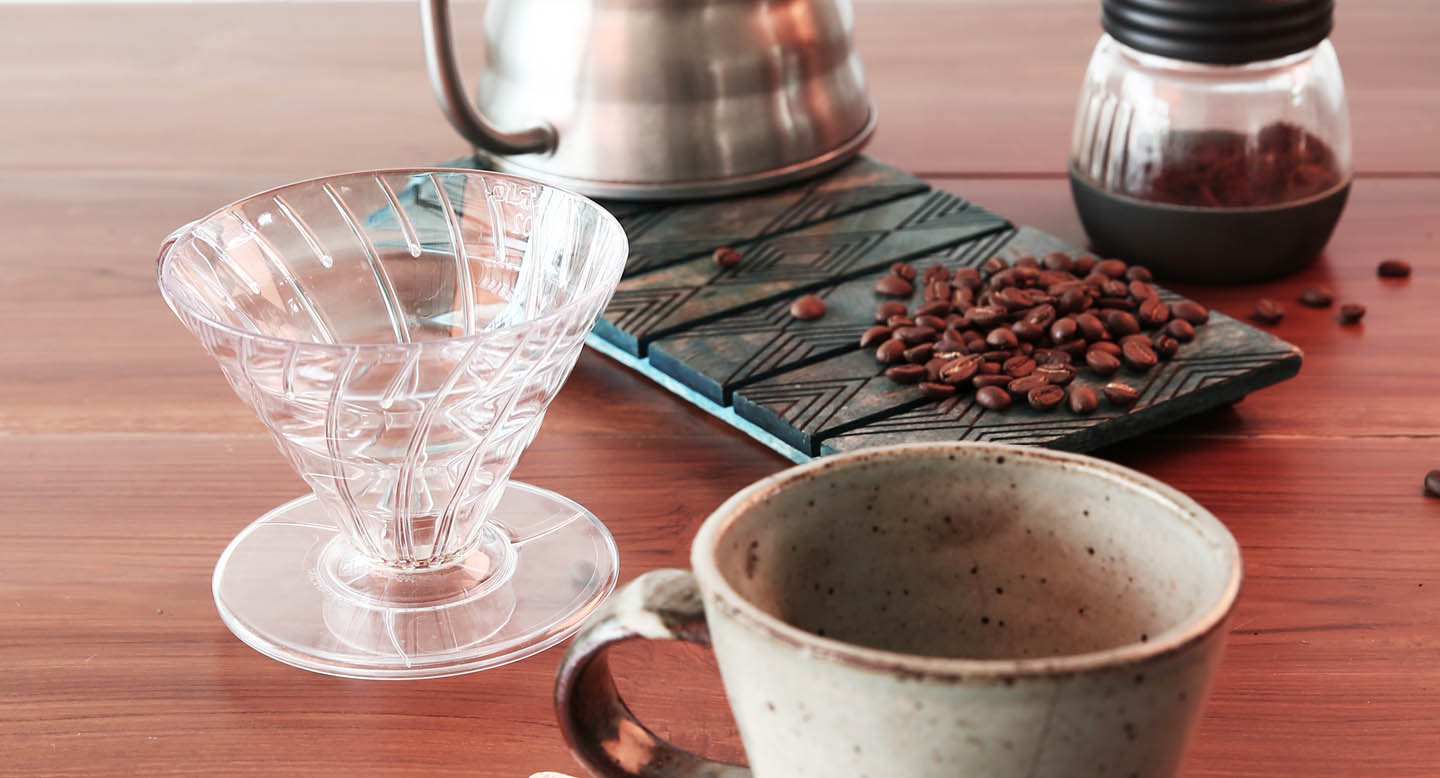With a large chunk of the Indian diaspora still sipping on instant coffee or Chai, Blue Tokai has a unique challenge ahead of itself, in educating its customers about the rewards of resorting to artisanal, freshly brewed coffee
 While India might be one of the world’s largest coffee producing countries, local coffee consumption has increased only recently, thanks to a wave of artisanal coffee brands which have sprouted in the last three years. These brands, such as The Indian Bean, The Flying Squirrel, Bonhomia and Blue Tokai have made the cut because of the huge acceptance from urban Indians who are no longer satisfied with finding coffee off the shelves in the supermarket, and their general willingness to spend and experiment on good quality coffee.
While India might be one of the world’s largest coffee producing countries, local coffee consumption has increased only recently, thanks to a wave of artisanal coffee brands which have sprouted in the last three years. These brands, such as The Indian Bean, The Flying Squirrel, Bonhomia and Blue Tokai have made the cut because of the huge acceptance from urban Indians who are no longer satisfied with finding coffee off the shelves in the supermarket, and their general willingness to spend and experiment on good quality coffee.
To get a whiff of the artisanal flavour, we caught up with Blue Tokai’s Namrata Asthana and Matt Chitaranjan at their roasterie and cafe in the Capital. Before Namrata and Matt moved to Delhi, they lived in Chennai with easy access to kiosks where coffee drinkers would get their coffee blended, ground. It was here too that they had the opportunity to interact with local roasters. Frustrated with the lack of freshly roasted coffee in North India, they decided to indulge their entrepreneurial spirit (and put Matt’s prior roasting experience to use) by starting a coffee roasterie of their own. “We wanted to bring to people, good quality Indian coffee directly from farms and deliver it to customers, instead of customers having to import Indian coffee that had been roasted abroad,” explains Matt.
Behind The Beans
Blue Tokai sources its coffee from single-origin farms across India, following which the coffee is roasted on order twice a week and shipped the next day, so customers receive fresh coffee at their doorsteps; a pleasant change from the bottled coffee available in shelves of urban Indian stores. In terms of their product line, Blue Tokai sells freshly roasted coffee (beans and ground coffee) and brewing equipment from Porlex, Hario and Aerobie. Their coffee range includes Attikan Estate’s cherry and nutty coffees and M.S. Estate Vienna Roast’s dark, oaky and faintly fruity coffee. The coffee is priced at approximately Rs. 325 for 250 grams. Blue Tokai also allows customers to make customizable subscriptions. “The idea is not just to give the customer a traceable Indian Arabica but to also collaborate with farmers and give them their coffee’s worth,” cites Matt. The farmer empowerment happens by eliminating the middleman when sourcing the beans.
While Blue Tokai is working in a greenfield segment, they aren’t the only players in the space. So, what makes them different from the others? For one, Blue Tokai is extremely open about the information they share on their coffee sourcing and the processes involved from farm to table. “Single estate coffees have become something of a fad recently, but if you notice, a lot of companies selling these coffees won’t reveal where the coffee is from, which to us, completely defeats the purpose,” adds Matt. For example, at Blue Tokai, the roasted date of the coffee is mentioned on their package, which answers the initial question about how much companies can back up what they say on their packaging. “This matters because you want to consume coffee within three weeks of the roast date (not the date the pack was opened or the coffee was ground) in order to get the best flavour,” says Matt. A part of the founding team’s initial frustration had stemmed from the fact that Indian coffee would be roasted months before it was consumed.
“Single estate coffees have become something of a fad recently, but if you notice, a lot of companies selling these coffees won’t reveal where the coffee is from, which to us, completely defeats the purpose,”
![]()
Changing the taste buds
Although there has been a net increase in the popularity of coffee, more than two-thirds of the population doesn’t drink coffee. Overcoming this is not going to be an easy feat for Matt and Namrata, but they believe they are fortunate to have customers who are experimental and want to move away from tea. “A lot of customers use a Chai strainer to brew coffee,” quips Namrata.
In spite of the optimism, there are a slew of challenges brands like Blue Tokai already face in the Indian market. For one, the weight of changing the taste buds of a whole nation obsessed with instant coffee now lies on the shoulders of these artisanal coffee companies. “The Indian market is still very comfortable drinking instant coffee. Although it has been difficult to tap into the instant coffee market, our customer base has been innovative and experimental. We stress on the importance of freshly roasted coffee that is devoid of any preservatives and artificial flavours. We also introduce our customers to Channi coffee – our guide to help them make a smooth transition from instant to freshly brewed coffee,” shares Namrata.
Looking Ahead
Having already setup a second cafe in Mumbai, and started retailing out of cafes in New Delhi, like Greenr Store and Cafe, it now has plans to open coffee kiosks in Delhi/ NCR in the near future. Moreover, through collaborations with businesses such as Rustom’s Cafe & Bakery, who run the kitchen at Blue Tokai’s New Delhi roasterie and cafe, the brand is ensuring that it attracts a larger food loving audience and in turn, create a like-minded community.
What’s your favourite blend? We ask Matt and Namrata and they tell us that their lighter roasts from M.S. Estate in Chikmagalur and Nachammai Estate from the Sheravoy Hills make the cut.
One of the main reasons why third wave coffee has been received with open arms is because coffee chains have so far popularised milk laden coffees not just in India but also abroad. As it is rightly said, every time someone orders a decaf-soy-vanilla-latte, baristas die a little on the inside.
With these challenges in hand, the question remains if the artisanal coffee wave will be able to grow rapidly in India and maintain its quality or will it be a slow and limited coffee movement because of its immense competition with instant coffee and India’s national beverage – tea. A research report by Technopak Advisors states that the Indian coffee chain market stood at Rs. 1,820 crore in 2014 and is expected to reach Rs. 5,430 crore by 2020. There’s immense playing field for small and big chains alike, and we’ll have to wait it out to see how this pans out. For now, though, you can order or visit some of India’s good artisanal coffee houses and try their best mochas, coffee tonics, flat whites and lattes.
